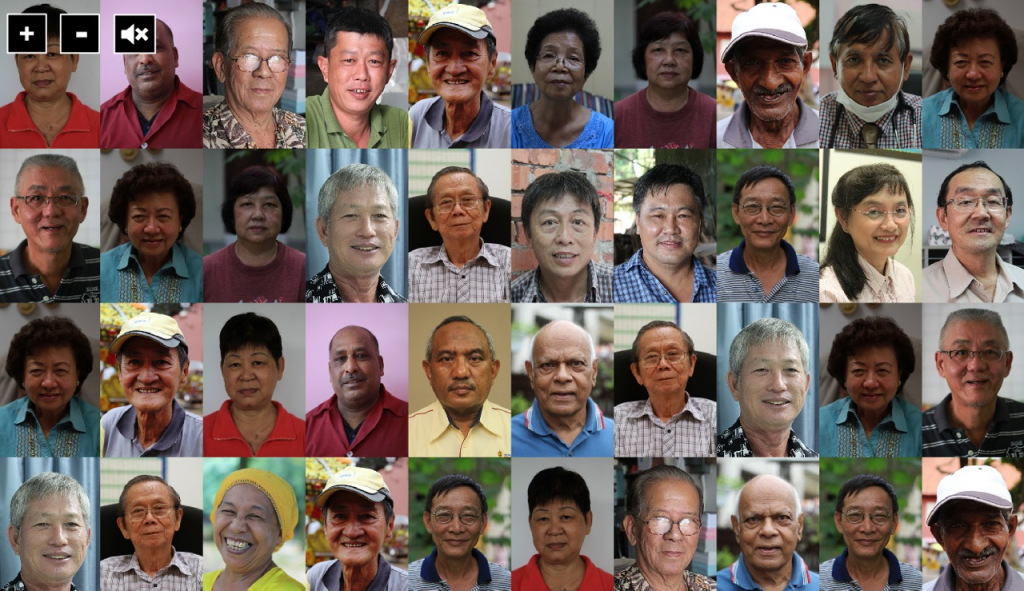
Living, working and ageing in Malaysia
It is projected that there will be a growth of 694 million or 223 percent growth of older adults, worldwide, between 1970 and 2025, with 80 percent of the elderly living in developing countries (WHO, 2002). While ageing is often viewed as a burden to nations, senior citizens have contributed and often continue to contribute to its ‘wealth’. Older adults – particularly those living in developing nations– have invaluable life stories and experiences of what it means to age, many of them untold. Extraordinary Lives addresses the absence of the voices of seniors from public discourse and counters the myth of the unified ageing subject. Based on a series of short interviews with Malaysian seniors from all walks of life, the project captures many ways that they experience living, working, ageing and technologies in Malaysia. Through the use of vignettes, a glimpse of the ageing population in a multi-racial and diverse culture, like Malaysia, is given. The Extraordinary Lives project critically and creatively explores the potential of multimedia forms to depict the extraordinary diversity within the so-called ordinary lives of Malaysian seniors. Unique to the project is “the senior’s grid”, a template for incorporating photography, audio and video into an interactive format. From the kaleidoscopic intersection of many voices, a collective tale emerges from a combination of distinct narrative fragments. Rather than presenting single unified image of the ageing Malaysian subject, the many dimensions – and contradictions- of what it means to actively age in this context is presented to the viewers.
References:
World Health Organization. “Active Ageing: A Policy Framework.” Internet:
http://www.who.int/ageing/